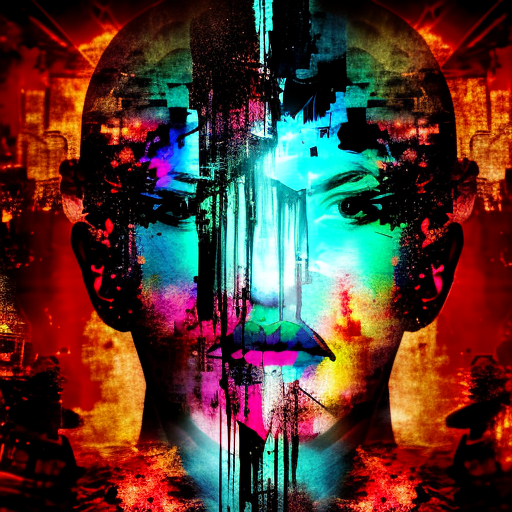One-line Summary:
A thought-provoking novel that explores themes of identity, race, and the consequences of secrets in a small New England town.
The Secret Life of Coleman Silk
Coleman Silk, a respected classics professor at Athena College, finds his life upended when he is accused of making a racist remark in class. As a result, he resigns from his position and faces a public scandal that tarnishes his reputation. However, the accusation is based on a misunderstanding, as Silk is actually an African American who has been passing as white his entire life. The novel delves into Silk’s complex identity and the impact of his secret on his relationships and sense of self.
The Unraveling of Relationships
As the story unfolds, we learn about the various relationships in Silk’s life that are affected by his secret. His marriage to his wife, Iris, becomes strained as she struggles to come to terms with the truth about her husband. Their son, Mark, also grapples with his father’s deception and the impact it has on his own identity. Additionally, Silk forms a romantic relationship with Faunia Farley, a troubled young woman with a traumatic past. Their relationship is marked by both passion and tragedy, further highlighting the complexities of human connection.
Themes of Identity and Consequences
“The Human Stain” explores the theme of identity in various ways. Silk’s decision to pass as white raises questions about race, privilege, and the societal pressures that can lead individuals to hide their true selves. The consequences of Silk’s secret reverberate throughout the novel, affecting not only his personal relationships but also his professional life and the larger community. The story raises important questions about the nature of identity, the impact of societal expectations, and the consequences of living a life built on lies.
Key Takeaways:
- The novel explores the complexities of identity, particularly the ways in which individuals navigate race, privilege, and societal expectations.
- Secrets have the power to shape and unravel lives, impacting not only the individuals involved but also their relationships and communities.
- The consequences of hiding one’s true self can be far-reaching, leading to feelings of isolation, guilt, and the erosion of trust.
- The story serves as a reminder of the importance of authenticity and the potential dangers of living a life built on deception.
“You can’t control what you are, but you can control what you do.”
In “The Human Stain,” Philip Roth weaves a compelling narrative that delves into the complexities of identity, the consequences of secrets, and the impact of societal expectations. Through the character of Coleman Silk, the novel explores the ways in which race, privilege, and personal choices shape our lives.
Silk’s decision to pass as white raises thought-provoking questions about the nature of identity and the pressures individuals face to conform to societal norms. As his secret is revealed, the novel examines the ripple effects on Silk’s relationships, both personal and professional. His marriage to Iris becomes strained as she grapples with the truth about her husband, while his son Mark struggles with his own sense of identity in light of his father’s deception.
The story also introduces Faunia Farley, a troubled young woman with whom Silk forms a passionate but ultimately tragic relationship. Through their connection, the novel explores themes of love, desire, and the ways in which our pasts shape our present.
“The Human Stain” is not only a story about personal relationships but also a commentary on the larger community. The consequences of Silk’s secret reverberate through the small New England town, exposing the prejudices and hypocrisies that lie beneath the surface. The novel challenges readers to confront their own biases and consider the impact of societal expectations on individuals.
Key takeaways from “The Human Stain” include the importance of authenticity, the potential dangers of living a life built on deception, and the far-reaching consequences of hiding one’s true self. The novel serves as a reminder that while we may not be able to control our identities, we have agency over our actions and the choices we make.
In conclusion, “The Human Stain” is a thought-provoking exploration of identity, race, and the consequences of secrets. Philip Roth’s masterful storytelling and nuanced characters make this novel a compelling read that invites readers to reflect on their own lives and the complexities of the human experience.












